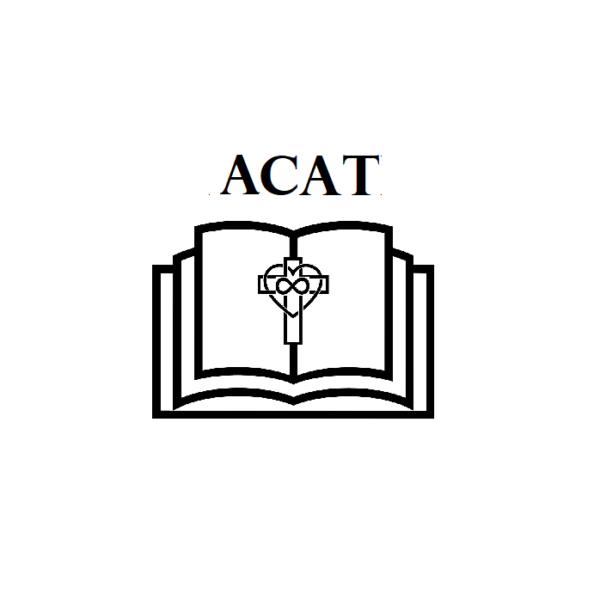ACAT 8: Body and Mind Serve the Soul
Q: Of which must we take more care, our soul or our body?
A: We must take more care of our soul than our body.
Q: Why must we take more care of our soul than our body?
A: In losing our soul, we lose God and everlasting happiness.
Last week, we examined the notion that our soul can and should be cared for, lest we lose it altogether – so the writers of the Baltimore Catechism warn, without much in the way of elaboration. Before we examine particular questions, we ought to look at the relationship between body and soul, both in the 21st century context and as we surmise the writers originally intended.

In looking at the whole person, body + mind + soul are most often viewed as harmonious equals. Body = our physical identity; mind = our thoughts, words and ideas; soul = our essence; that which makes us who we are. This organic approach acknowledges the interdependence of all three aspects without assigning priority to one over another. It seems quite reasonable: if our body is in good health, our mind functions well; if our mind and body function well, our core self thrives. When one aspect is compromised, the other two experience consequences in kind.
This organic approach works if all three aspects are truly equal. Many would propose they are. If we consider, however, our previous examination of what comprises a “soul,” we begin to see that equality between the three is not possible. It becomes obvious when we recall that the soul is the core of our identity as imagined by God.
- Disharmony within the body can impact, even disable the mind; but can it alter or determine who we are at our core?
- Disharmony within the mind can impact our thoughts and words; it can greatly tax our bodies; but, again, can it alter or determine who we are at our core?
- Disharmony between body and mind can create numerous setbacks in our ability to live well and function well; but can it alter or determine who we are at our core?
- Disharmony between body, mind and soul may give rise to an inability to perceive or be satisfied with our core identity, and can result in restlessness, protest and desire to alter one or all until we feel satisfied. But this is where it gets complicated and absolutely another discussion all by itself. First things first. We’re only at the foundation stage of this block tower, and those blocks about body, mind and soul identity are far too important to neglect when we get to them. Don’t worry; we’ll get there!
In sum: Is there anything that can alter or determine who we are at our core?
In the Catholic worldview, no. Only God, who loved our core identity so greatly that he created it, and gave it a body and mind to serve its life here on earth.
This bears repeating:
Our body was fashioned and given to serve our soul.
Our mind was fashioned and given to serve our soul.

Body and mind do work closely together, and are to a great degree interconnected – although we can make the case that there is some autonomy of each. The mind can still generate thoughts and ideas when the body is disabled. The body can do things without thought, or without words, or without ideas. However, the two working together is the ideal, and that is generally what is held true in the pursuit of wellness.
Our body and mind are given to us to serve our soul.
Then, what is the soul’s purpose?
(Remember? Say it with us!) To know, love, and serve God in this world, and to be happy forever with God in the next world.
Body serves soul -> body’s purpose is to promote knowing, loving and serving God in this world.
Mind serves soul -> mind’s purpose is to promote knowing, loving and serving God in this world.
Why couldn’t the writers of the Baltimore Catechism have said that, then?
Perhaps they were not speaking to an audience who would have imagined body, mind and soul as being organically equal. Somehow, the past few decades have pushed so to break out of stereotyped, externally assigned identity that we have forgotten the reality that each individual has a unique, INTERNAL identity that was not merely assigned to them by God, but comprises their very existence as initiated by God.

